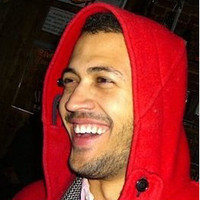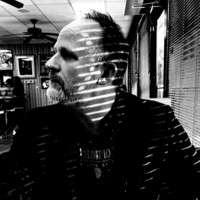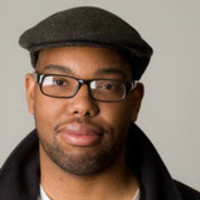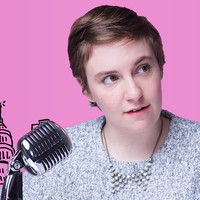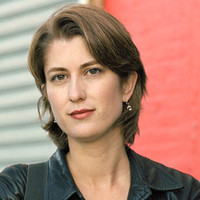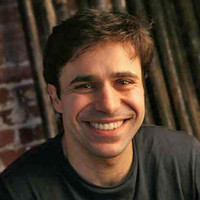Vanessa Grigoriadis writes for Vanity Fair, Rolling Stone, and The New York Times Magazine. Her new book is Blurred Lines: Rethinking Sex, Power, and Consent on Campus.
“I’m a controversial writer. I’ve never shied away from controversy. I’ve only really courted it because I realized a lot earlier than a lot of other people who are involved in this whole depressing business that clicks are the way to go, right? Or eyeballs, as we used to call them, or readership. I come out of a Tom Wolfe-like, Hunter S. Thompson kind of tradition. You don’t mince any words, you just go for the jugular and you say as many things that can stir people up as possible.”
Thanks to MailChimp, Squarespace, and Casper for sponsoring this week's episode.





